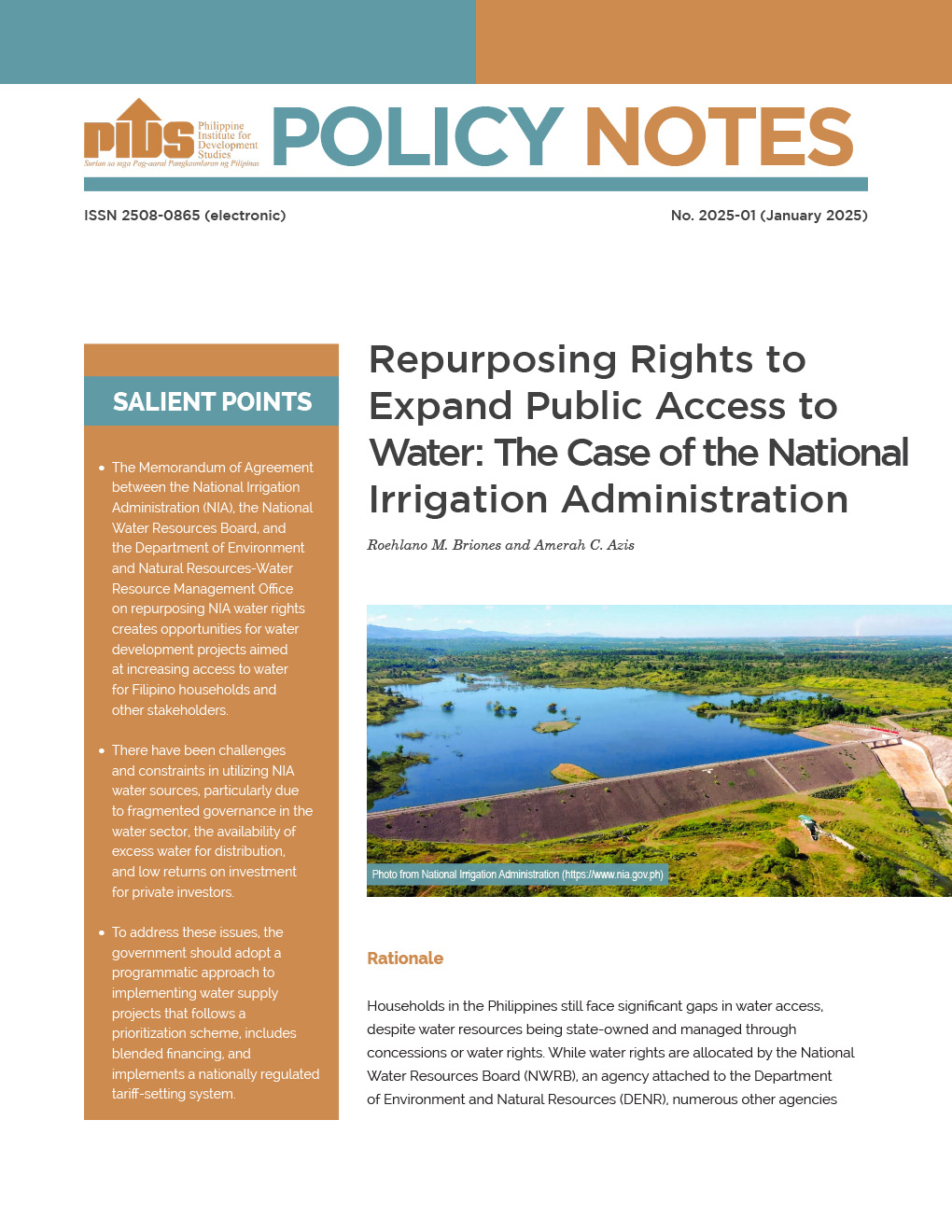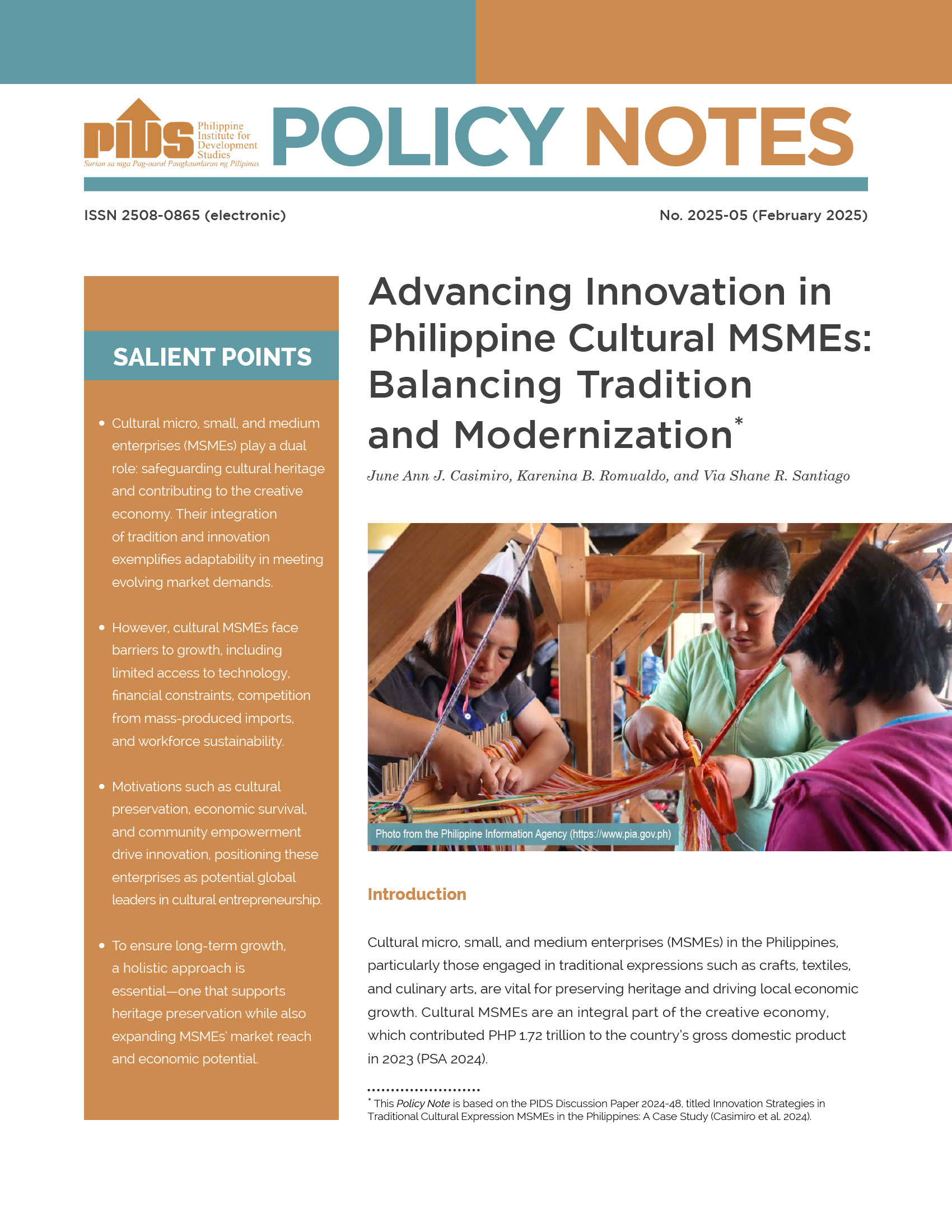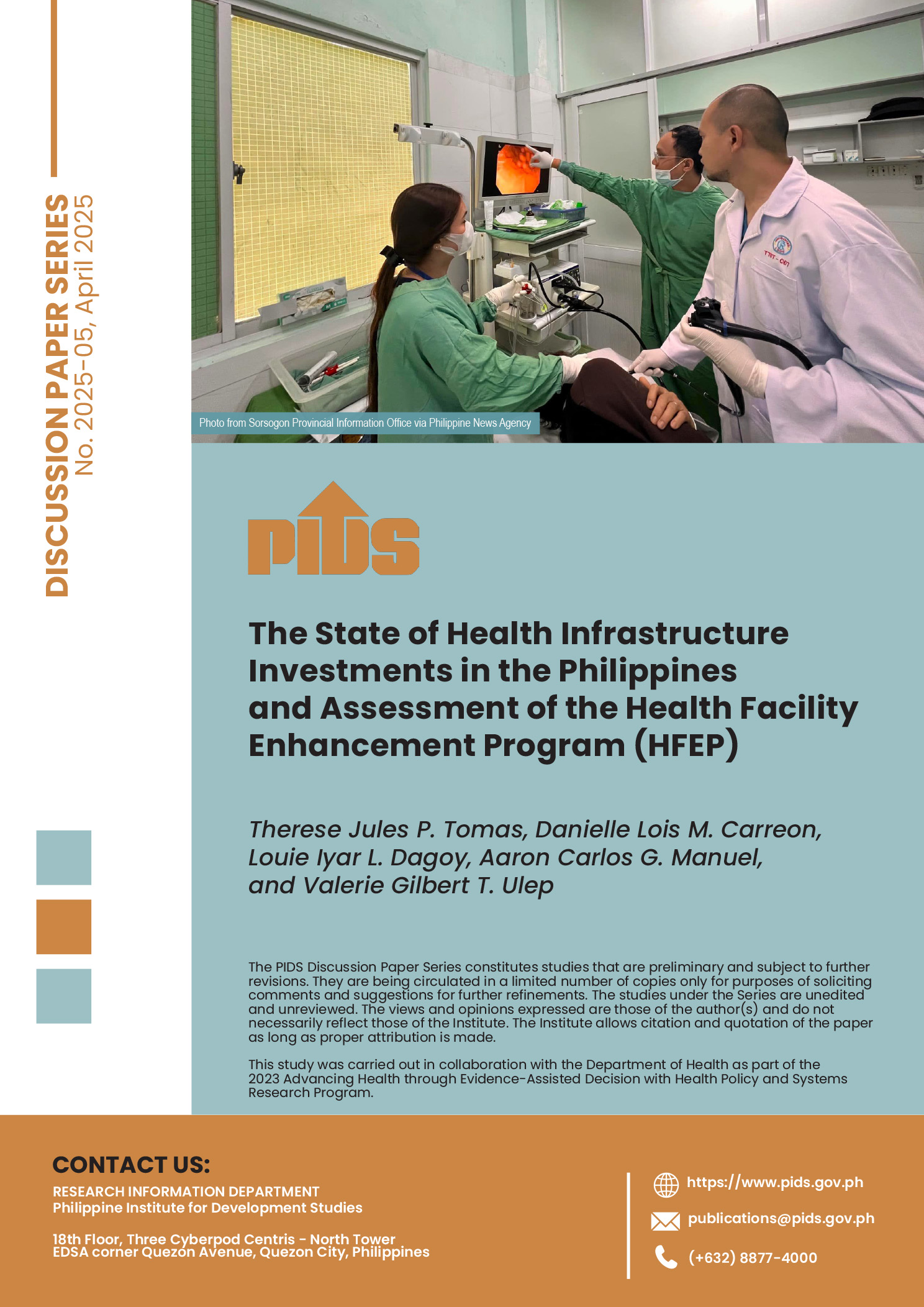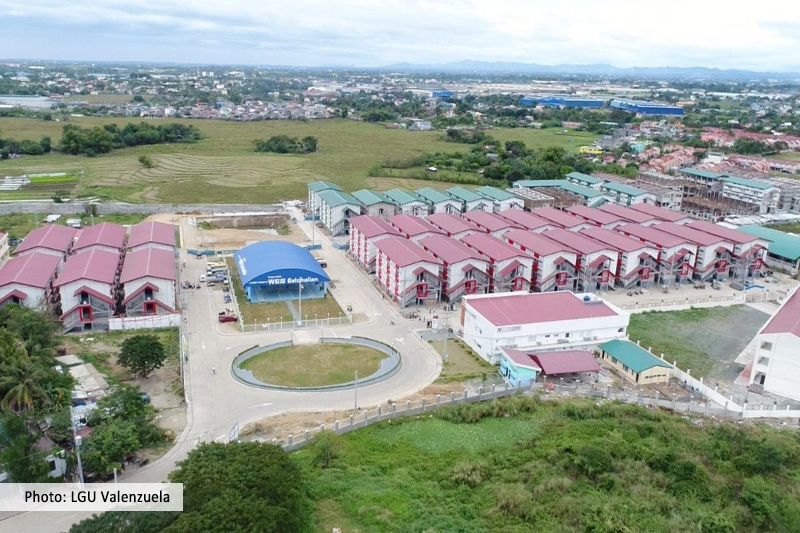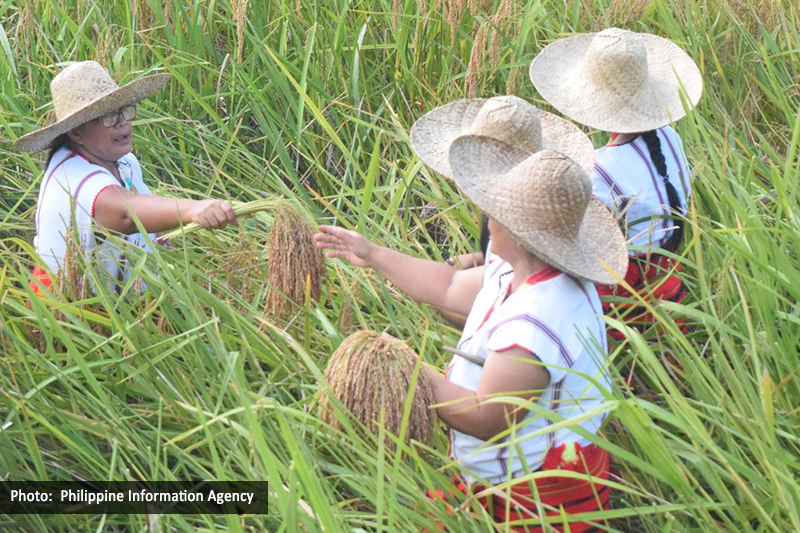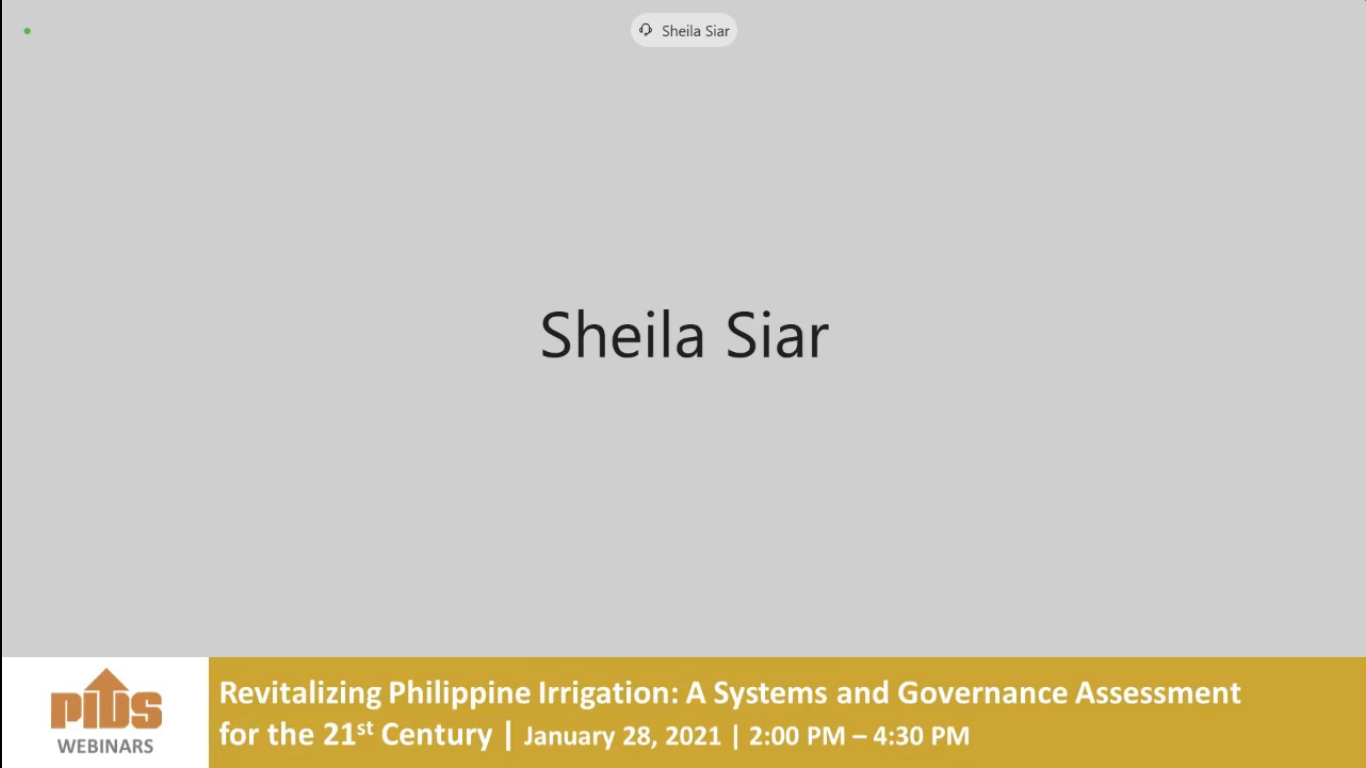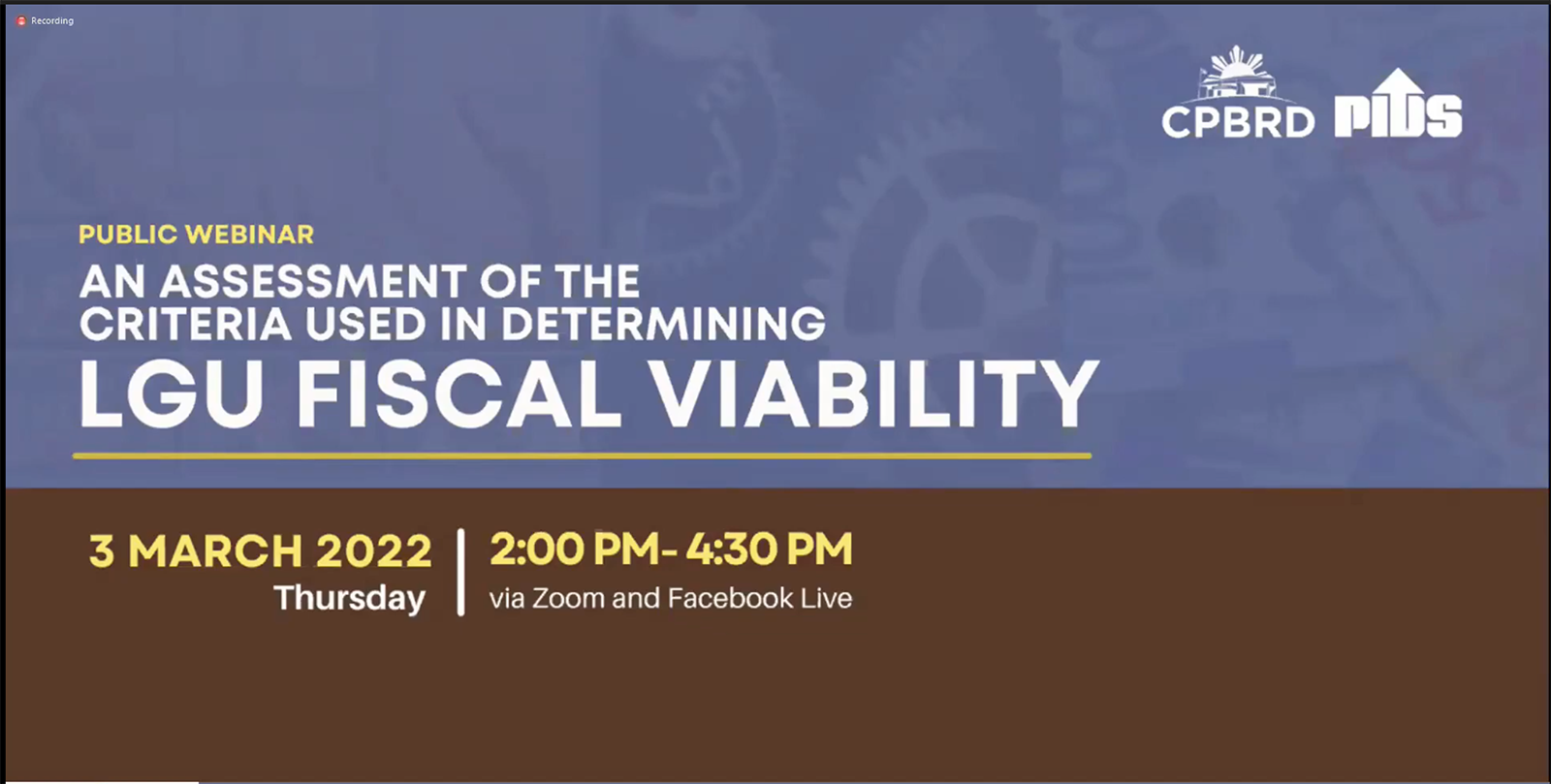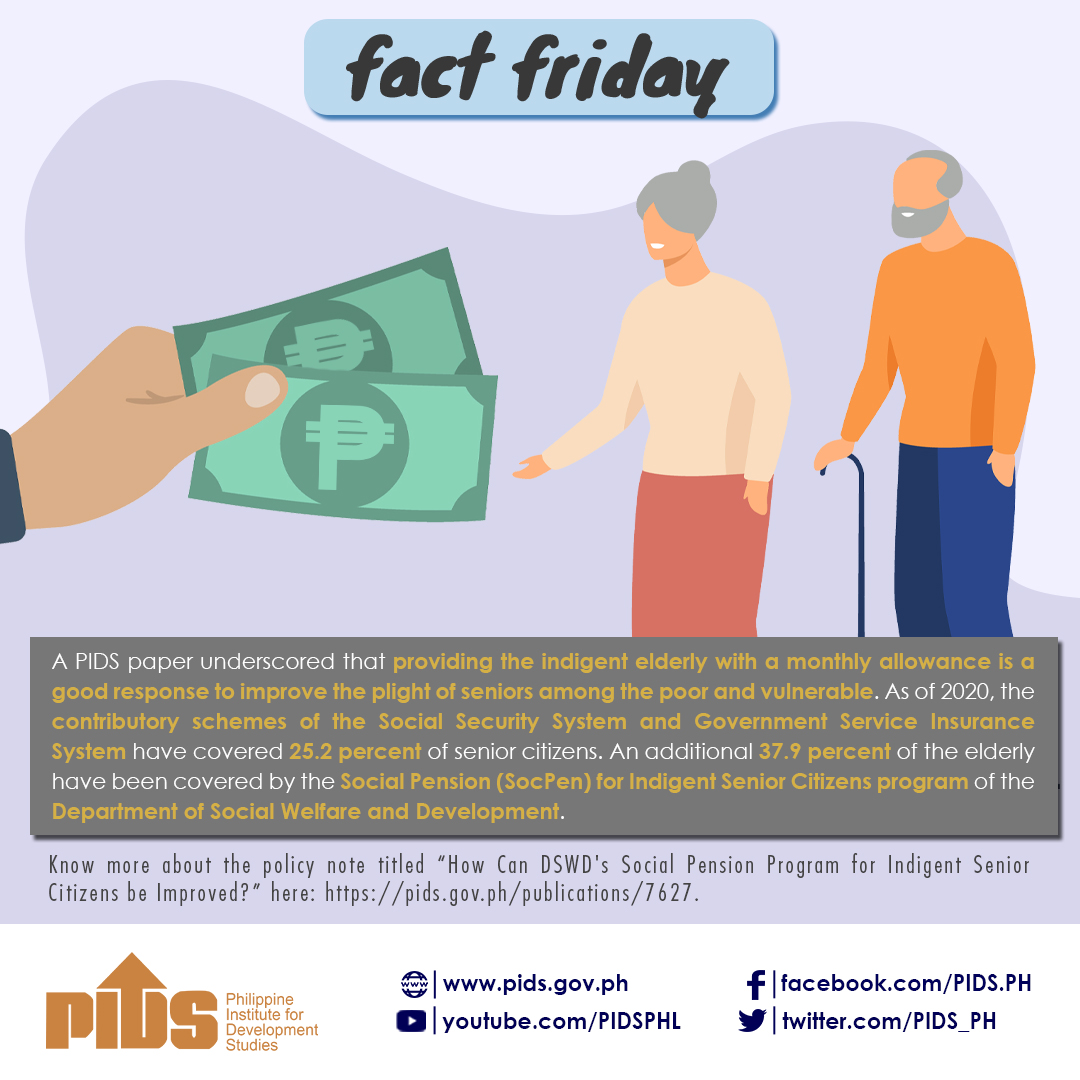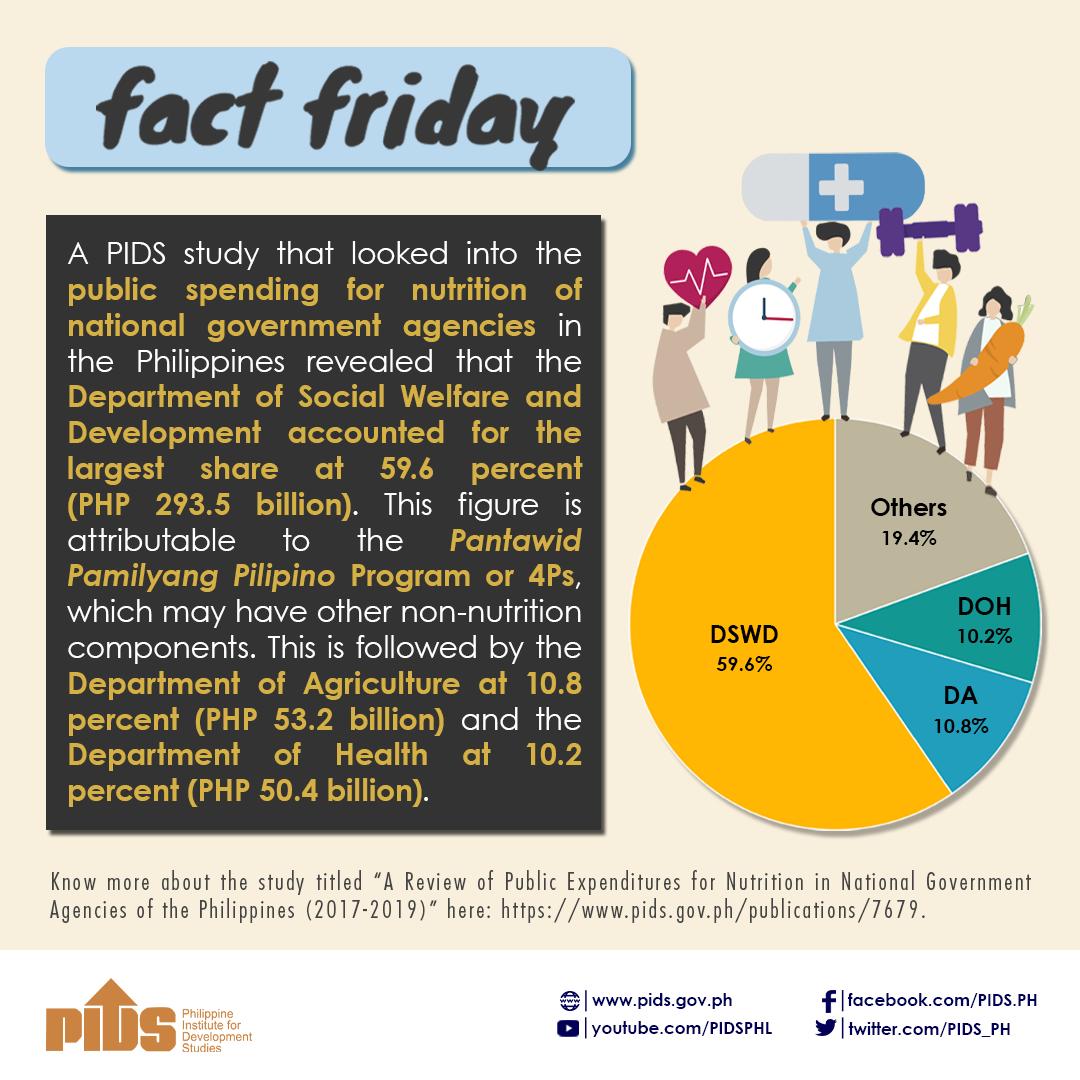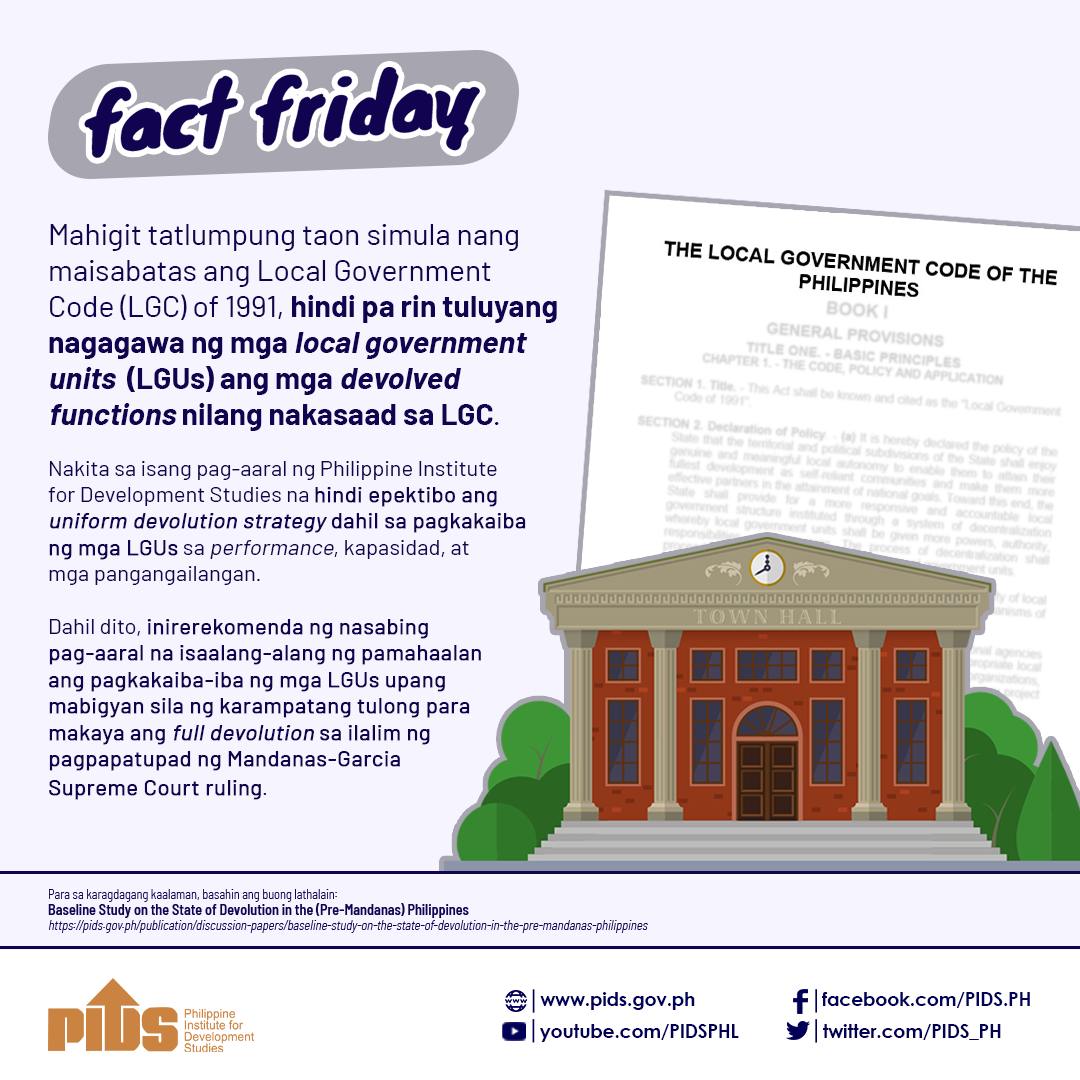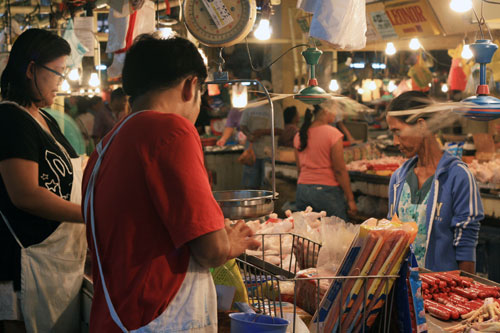
This study assesses the effectiveness of the strategy and the complementary interventions of the Department of Social Welfare and Development’s Sustainable Livelihood Program's Self-Employment Assistance Kaunlaran (SLP SEA-K). The SLP SEA-K uses a microcredit strategy to provide credit access to the poor, improve the ability of the group to borrow, and enable it to engage in income-generating activities. Microcredit services are generally believed to have a positive socioeconomic impact; however, the success of projects may depend largely on the management of the program. The authors found out that the government lacks the capacity to handle microcredit programs. Additionally, they see the one-size-fits-all strategy of the program as a problem because of the diverse range of beneficiary profiles.
DOWNLOAD THE RESEARCH PAPER HERE

